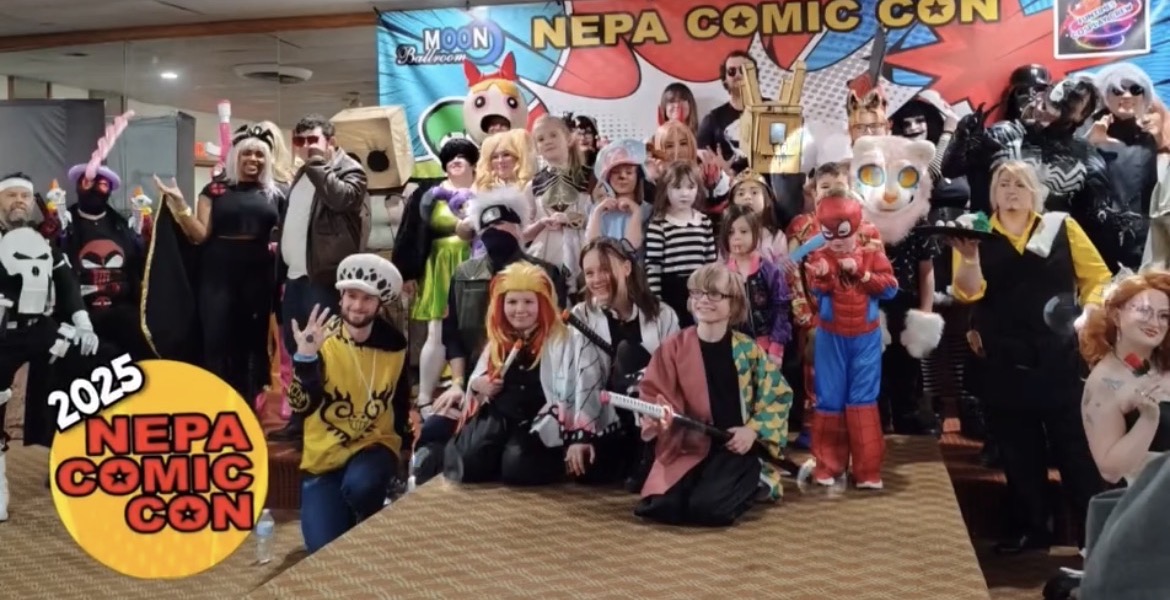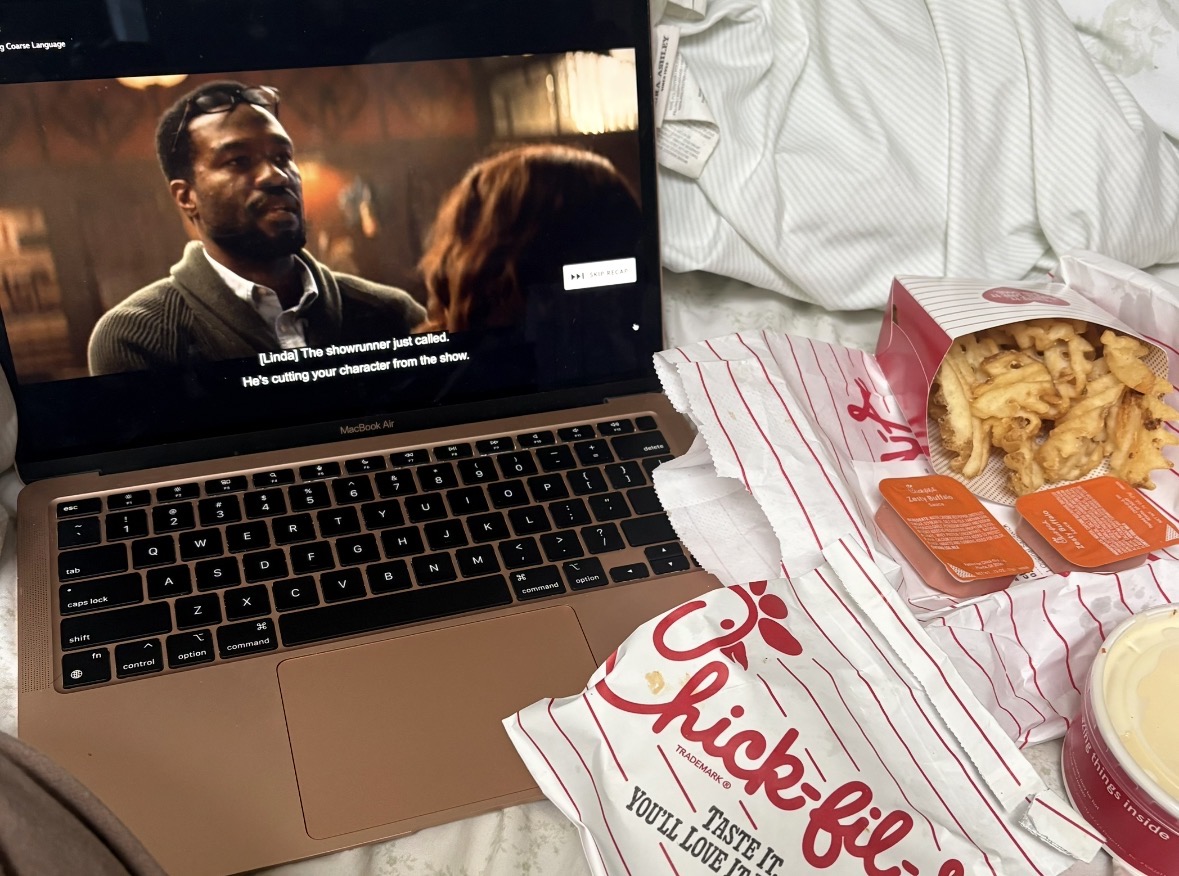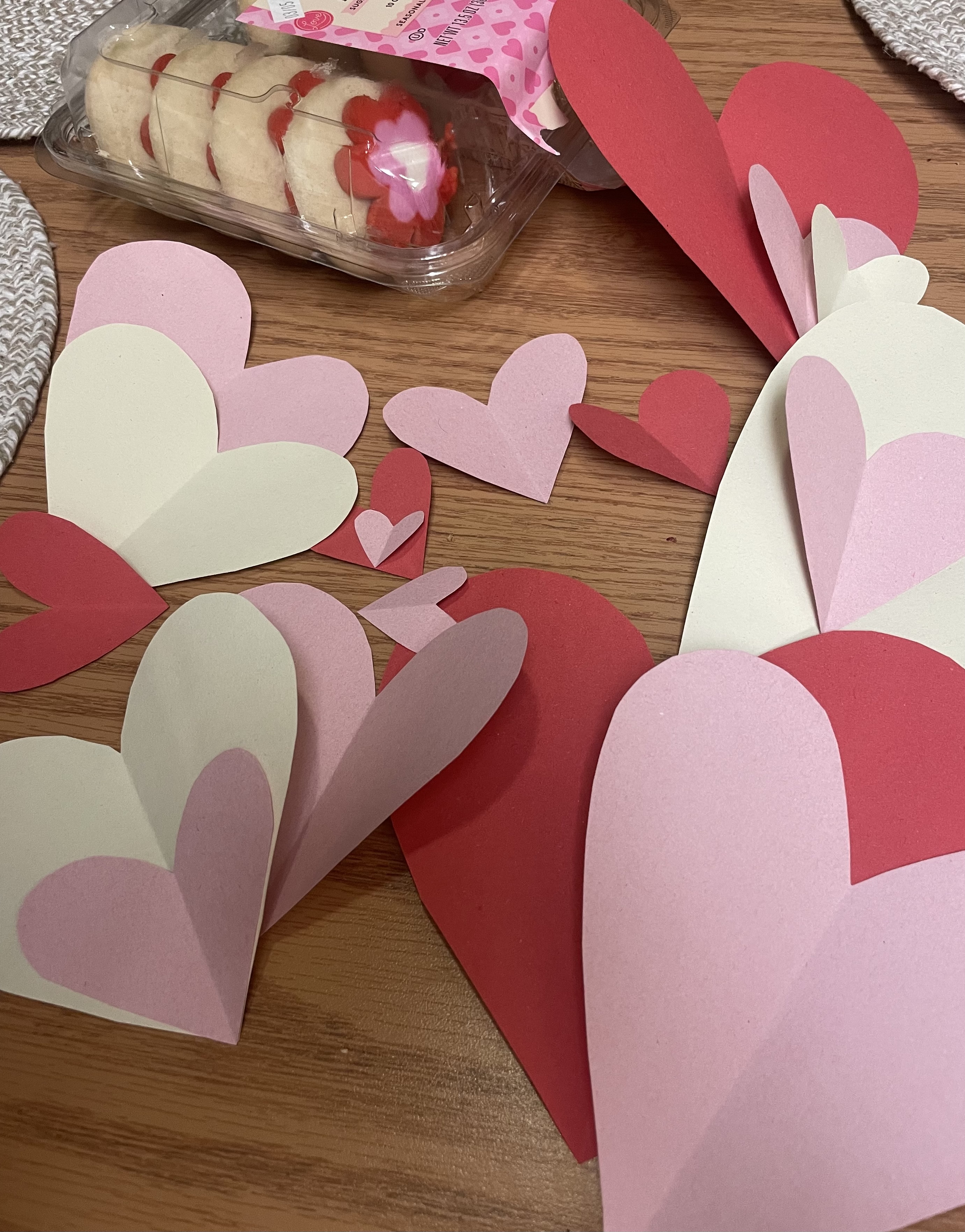The University of Scranton’s Jane Kopas Women’s Center held its 35th annual “Take Back the Night” event April 24, and one aspect of the event remains controversial.
The event is dedicated to education on sexual and domestic violence and their effects. At the University, the event was in multiple stages including an all-day Clothesline Project display, pre-rally, march, “speak out” and candlelight vigil. Each part was meant to be an opportunity to show support and solidarity with victims, though some students found the Clothesline Project harmful.
The Clothesline Project featured color-coordinated t-shirts that correlated to the experience of the victim and display messages about their perspectives. The shirts were hung on a clothesline surrounding the Dionne Green.
While there were emails and posters warning about the display, some students still find the project caused more harm than good, primarily because of its potential to upset sexual assault (SA) victims and other survivors.
“To all of the people who are silently dealing with their own trauma on a day where the school is putting on an insensitive and triggering display, I'm thinking about you,” an anonymous user on the app YikYak said.
Quotes for this article have been selected from YikYak to protect peoples’ privacy concerning victim/survivor status.
“I couldn’t go outside” one user said, in response to another who called the event “borderline traumatic” and “inconsiderate for those struggling privately.”
There was an alternate route available around the Clothesline Project for students who may have found the sight upsetting. However, the project was still visible from the DeNaples Center, the Loyola Science Center, and first-year housing.
“I just don't believe there should be a display in such a public manner, we need to be sensitive to those who are not and may never be ready to share their story,” another YikYak user said. “It can be explicit and a lot the way it's done on campus.”
In addition, taking a longer route to go around the project left some feeling like survivors were being punished for their experiences and desire to avoid the project.
“Everyone should be heard if they do choose, but the manner in which it's done on the shirts is completely insensitive and basically unavoidable because it's at the heart of campus,” one user said.
Another said, “Life is hard enough [for survivors]. This display is insensitive, triggering, and downright wrong.”
However, many other students found the project could be comforting or cathartic. Creating t-shirts served as a way for victims to express their emotions and share their story to educate others, and the display showed they were not afraid to say what they had been through.
“This is a display to bring awareness and has been going on at Scranton for years. Some people may really appreciate [it],” one user said.
Another commented, “If it's bringing peace to those who experienced [SA] then it feels worth it to me. I'm sorry if you're triggered, I know it's not easy to see.”
“[Survivors have] already been through so much and are brave enough to share their stories,” another user said.
Some students expressed frustration that the display received some pushback.
“It's [upsetting me] that people are saying to take down the display on the green,” one post read, “It's about raising awareness for SA and letting people share their stories without exposing themselves.”
Another commented, “Respectfully if [the project is] triggering you then your trauma isn't healed and you need to talk about it with a professional... just remember that other people who are sharing their stories and making their voices heard are not responsible for your triggers!” The same user advised students upset by the content of the display to utilize the University’s Counseling Center.
"Please be mindful of dictating how SA awareness should be handled. Let survivors tell their stories in their own way,” another said.
Some students felt that facing the project required personal growth, but that was not a bad thing.
“If it's your first time seeing the shirts, it can be very emotional. Some people haven't had to confront their experiences for a long time,” one user shared on a post. “Healing is different for everyone, but I feel better now that this isn't my first time seeing them.”
“I’m very proud of you,” the author of the post responded.










